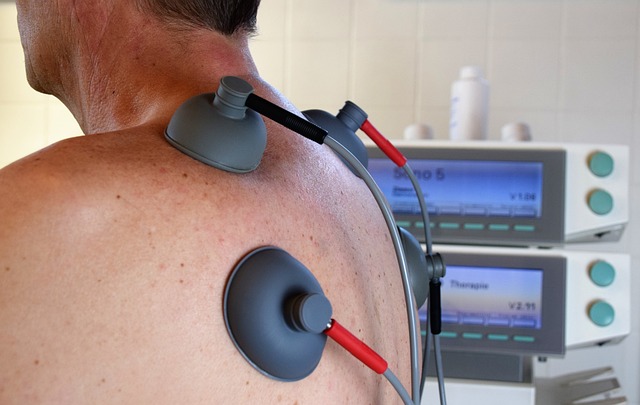Blockchain, a decentralized, tamper-proof digital ledger, is most often associated with cryptocurrencies, but in reality it has wide application, extending to such fields as content distribution, real estate and even elections. There are those who believe, however, that healthcare looms as the ultimate use case for blockchain — that its impact will be felt by consumers, providers, payers and even those in the pharmaceutical industry.
As we will explore in this blog post and several to follow, blockchain is something that can in particular ensure the storage and security of digital health records. It can enhance interoperability among various entities. It can improve patients’ management of medications and healthcare systems’ management of supply chains.
While estimates vary, BIS Research predicts that $5.61 billion will be spent on healthcare blockchain by 2025, up from $170 million in 2018, and that implementation of this technology will result in savings of between $100 billion and $150 billion a year. Beyond that, there is the promise of greater efficiency, as well as improved patient outcomes.
Consider, for example, electronic health records (EHRs), and the importance of keeping them accurate, up to date and accessible to various entities in the care chain (an issue that has been particularly pertinent throughout the pandemic). This becomes easier with the implementation of blockchain, which has been likened to a digital spreadsheet shared among several computers — albeit one that is highly encrypted. Any changes made are witnessed by the other computers in a given network, and must be approved by all of them before they are permanently added as a new block.
In other words, the EHRs are more secure. Moreover, less information is siloed, and healthcare professionals have a more complete picture of each patient with which they are dealing. The entire process is more efficient, and the patient receives superior care as a result.
Here are some other potential use cases of blockchain:
Supply Chain Management
Blockchain enables drugs to be identified, verified and tracked. This would help curtail the flow of counterfeit drugs, which costs pharmaceutical companies $200 billion a year and has potentially dire implications for patients. The U.S. Congress in 2013 signed into law the Drug Supply Chain Security Act, and blockchain would make strict adherence to this law possible.
Management of Drug Trial Data
Blockchain enables researchers and those heading drug trials to create secure databases that ensure patient privacy, and that information will be accessible to professionals in a timely fashion. One example is the MIT Enigma system, a peer-to-peer network that uses an external blockchain.
Data Transfer
Wearables, which enable individuals to easily access their wellness information, have become all the rage. There are several smartphone apps that do the same. Privacy and security are obvious concerns, but there are, increasingly, blockchain-centered platforms that make it possible for people to take ownership of their data, and share it only with those whom they wish to see it.
Insurance
Blockchain has multiple applications in this space, not the least of which is the implementation of systems that ensure swift payments and claims processing, while also making enhanced fraud detection possible. IBM instituted just such a system in 2019 with several insurers, signalling where the industry is heading.
Medication Adherence
Medication adherence is an ongoing challenge to patient well-being, as well as the viability of healthcare systems. It is estimated that adherence can save such organizations $290 billion annually. Happily there are blockchain-enabled platforms like MyPCR to track adherence.
Certainly we are still in the early stages of seeing how great blockchain’s impact can be in the healthcare sector. But certainly there are promising signs that this technology can help organizations offer the best possible care, while ensuring the best possible outcomes.







